Press ReleaseFOR IMMEDIATE RELEASE
July 28, 2022
PRESS RELEASE
Earlier this year, Constable Brian Wren was charged with assault. Police service said it received a video from a business and a citizen after police arrested a suspect in a stolen vehicle investigation. Police said the officer’s use of force led to a criminal investigation.
Const. Brian Wren was immediately suspended and now also faces an assault charge. His first court appearance was July 21.
The individual assaulted and harmed is a member of the City of Hamilton Indigenous community. Members of the Indigenous community are very concerned that this appears not to be an isolated incident. This is the second time this has happened to this individual. The Hamilton Regional Indian Friendship Centre has justice related programs and reports that these types of allegations of aggressive police behaviours are frequent. This particular assault needs to be taken seriously, and major changes need to be made to not only protect our Indigenous relatives but also help protect our relatives of colour, members of various other ethnic backgrounds and members of other marginalized groups.
A full press release will take place on Tuesday August 2, 2022 at 1230pm in front of Hamilton Police Services downtown central location at 155 King William Street, Hamilton Ontario with members of Indigenous leadership, Indigenous community members and our friends and allies.
In solidarity.
January 21, 2022
FOR IMMEDIATE RELEASE
Hamilton Community Legal Clinic’s Response to Councillor Nann’s Motion Re: Encampment Response
Hamilton Community Legal Clinic welcomes Council’s vote to change the way it responds to encampments. Specifically, the City has agreed to consult with community stakeholders, including front line services working with the unhoused population, those with lived experience, and the health sector, to create a “human rights based, health focused approach to housing”. A copy of the motion can be reviewed by clicking here.
We have always encouraged this type of collaboration and person-centred approach.
Tackling the issue of homelessness and some of its root causes can seem like a monumental undertaking. There are, however, immediate alternatives to encampments evictions which do not require significant funding changes: revising and unifying shelter service restriction policies so that fewer people are unnecessarily banned from shelters, temporarily suspending by-law enforcement, and allocating existing emergency funds to affordable housing projects like tiny cabins (which have already been established in various municipalities).
We are pleased to see the City signal a willingness to engage in an open dialogue on an incredibly important matter. We encourage the City of Hamilton to prioritize these discussions and resolution in light of the urgency of the ongoing pandemic, shelter and housing crisis.
We are hopeful that the newly formed committee results in solutions that address and eradicate the harms associated with homelessness and evicting encampment residents.
For a copy of this letter, please click here: Statement

The Hamilton Community Legal Clinic, in partnership with Pro Bono Ontario and the Hamilton Law Association, is searching for volunteers lawyers to participate in the Hamilton Pro Bono Wills Project.
For more information, please review the flyer attached: Hamilton Pro Bono Wills – Flyer.
To participate in the program or inquire further about the work of the Hamilton Pro Bono Wills Project please email hclc.cjch@gmail.com. Kindly allow upwards to two weeks for a response.
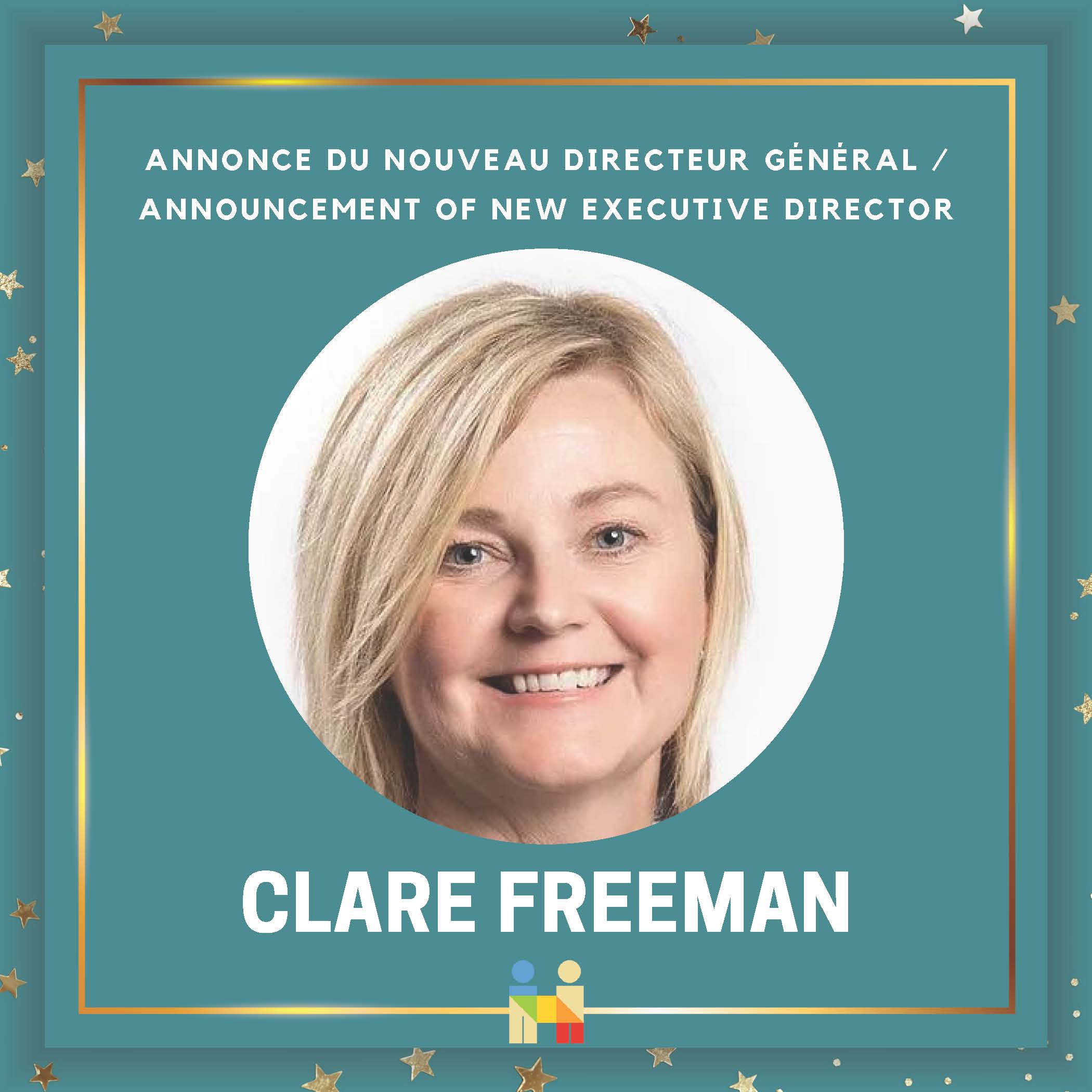

Clare has worked in the non-profit sector for approximately 19 years as an Executive Director. She has extensive experience in leadership, strategy, public relations, advocacy, and management. She has served on many local, provincial, and national boards and committees, and is deeply committed to giving back to her community through her engagement with numerous social justice initiatives.
Since 2015, Clare has served as the CEO of Dr. Bob Kemp Hospice and bereavement services. Additionally, her past roles include Executive Director, Interval House of Hamilton; Counselling Coordinator, Sexual Assault Centre of Brant; and Continuing Education Professor of the Child and Youth Program, Mohawk College. She obtained her Bachelor of Sociology from the University of Western, as well as her Master of Social Work from York University.
Clare is a passionate and rights-based social justice advocate, and embodies the principles and values that the Hamilton Community Legal Clinic stands for. She will brings a wealth of experience from the organizations she has worked for in the past that will be of benefit to the Hamilton community.
We would like to congratulate Clare on her new role and look forward to continuing to fight for access to justice under her leadership.
We also extend our deepest gratitude to Hugh Tye for his exceptional leadership as our Executive Director over the past 26 years.
The Board of Directors
Hamilton Community Legal Clinic

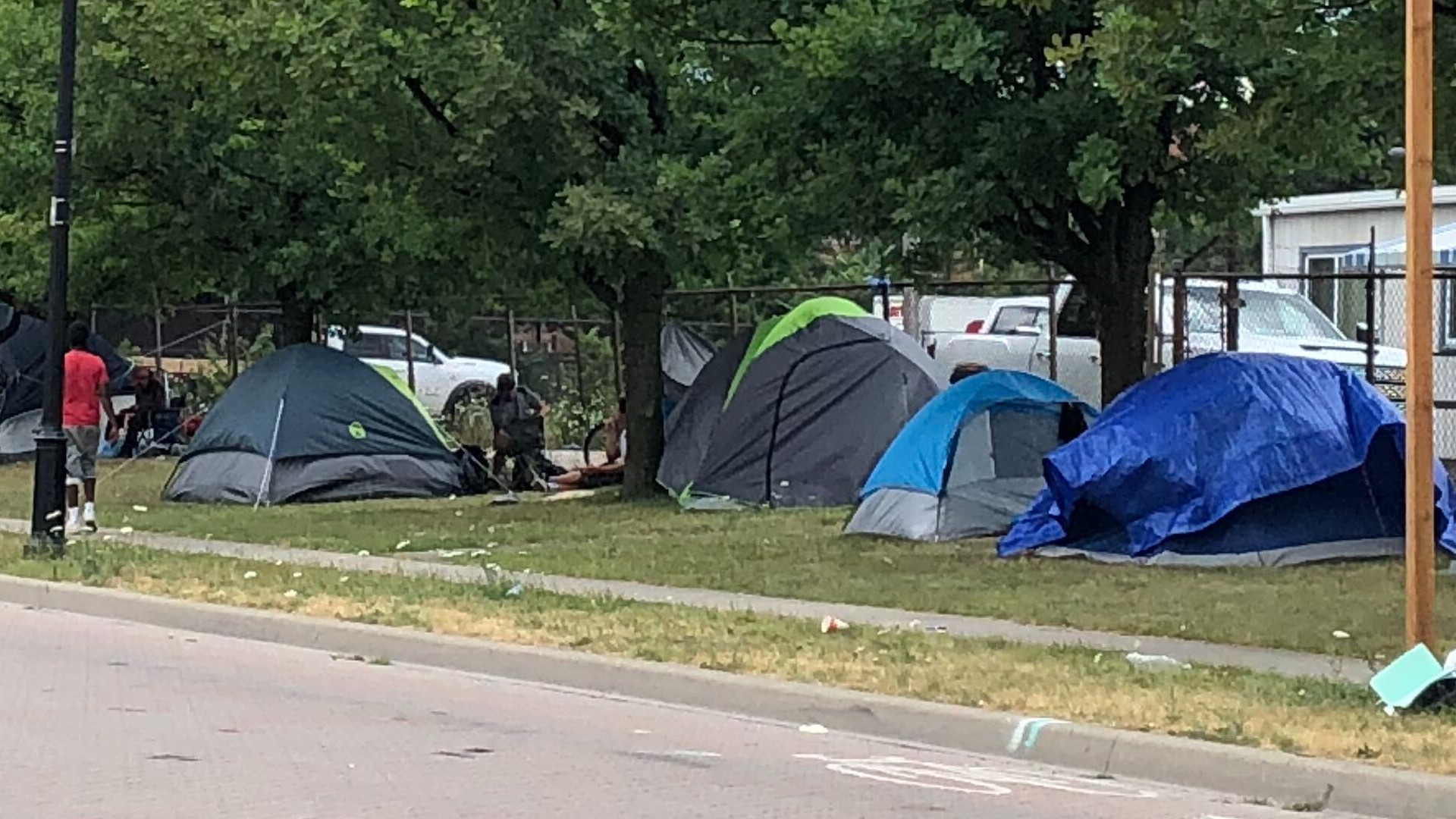
We are disheartened that the Court considered the desperate act of sleeping in an encampment as a choice. We are concerned that this decision risks perpetuating the stigmatization of the unhoused population. By the City’s own admission, shelters are full and are unable to meet peoples’ disability related needs. This gap often results in people being denied entry or kicked out. This segment of the population will now be left to sleep outside in harms’ way, without the use of a tent to shield them from the harsh elements. Some will move further off the grid and into hiding, disconnecting from vital supports like medical and street outreach.
While we disagree with the decision, we are encouraged that there has been increased public attention and criticism of Hamilton’s mistreatment of individuals in encampments, particularly in contrast to other innovative and compassionate municipalities that have expanded shelter options and provided food, social workers, mental health crisis worker, potable water and bathroom facilities. Going forward, we hope that the City will adopt similar creative solutions to ensure the safety and wellbeing of the community.
This decision is not an endorsement or a license for the City to aggressively and violently evict homeless persons into a cycle of displacement. The City must refrain from the aggressive and heavy handed displacement tactics seen in Toronto. It must ensure that people have an actual indoor space option before being told to move along. It must increase the number of shelter spaces, particularly for women and couples. It must urgently provide low barrier shelter options so that individuals are not repeatedly kicked out. It must prioritize investment in affordable, supportive housing, refrain from enacting policies that contribute to homelessness, and seek funding from other levels of government to actually meet the needs of the unhoused community.
Despite not granting the injunction, the judge confirmed that there is a triable Charter issue. The full Charter challenge remains the next step in this matter, should the City continue to fail to meet the needs of the unhoused population.
The bottom line is that, despite the Court’s decision, there remains a segment of Hamilton’s population, the most vulnerable, who have nowhere else to go. We are hopeful that the City will commit to an ongoing dialogue with community stakeholders and prioritize addressing the housing crisis over the enforcement and displacement of homeless individuals.
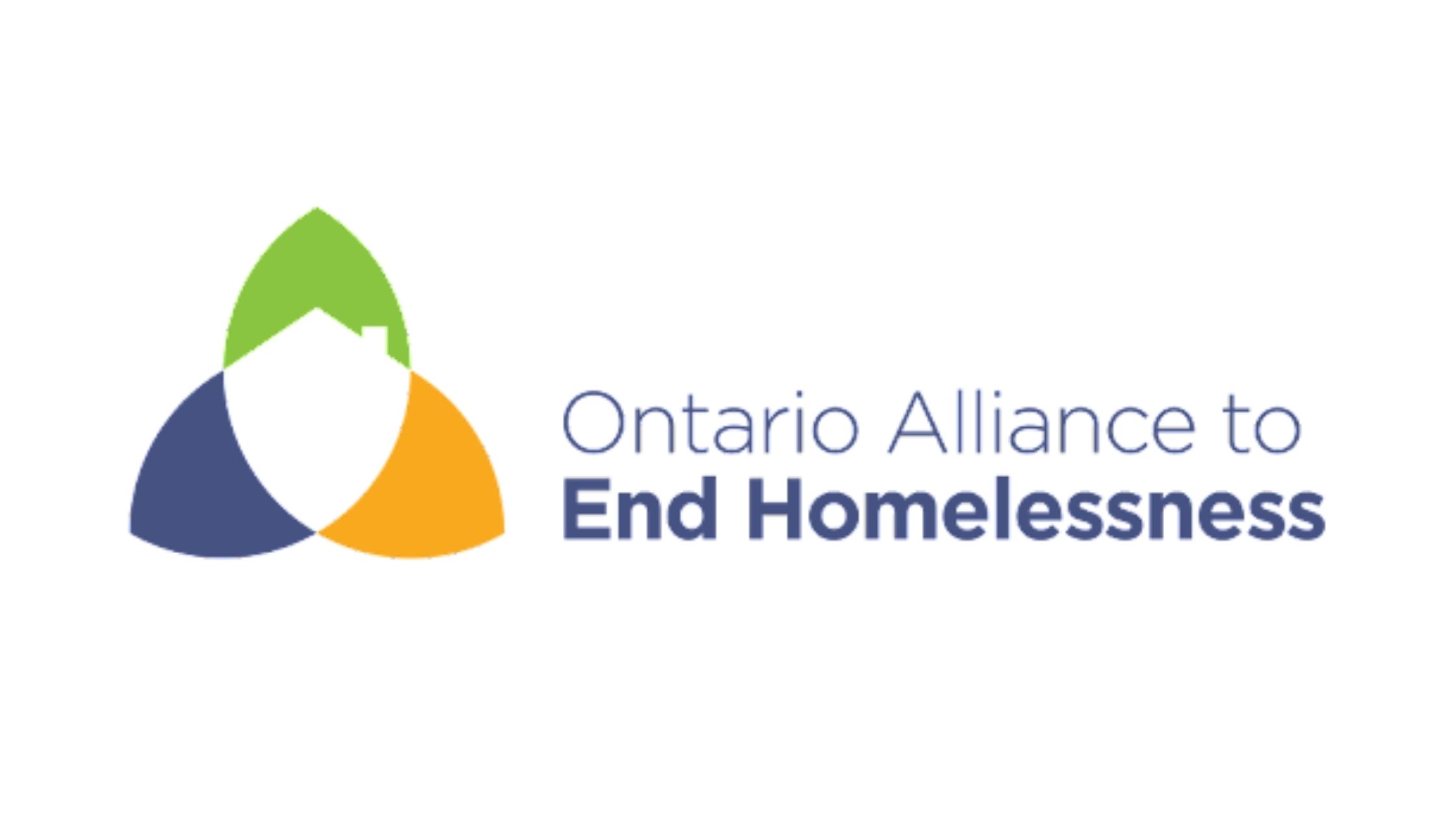
August 30, 2021
RE: Encampments in the City of Hamilton
We, the Ontario Alliance to End Homelessness, have worked together to present to you a path forward to ensure that the actions taken by the City of Hamilton to remove people from encampments end and that the City uphold the encampment protocols created as the result of the Encampment Task Force. Using armed police officers on horseback and in riot gear as we have seen in Toronto, and removing residents who are vulnerable to the unaffordable housing market due to inadequate social supports, has no place in a caring, compassionate society. Instead, we must commit to taking a human rights compliant approach toward housing encampment residents that is co-created with encampment residents.
A tent in a park is no one’s first option, and we understand that parks cannot be a permanent housing solution. However, the forcible removal of encampment residents must end. This inflicts further trauma on already vulnerable Torontonians and does not address the issues you are trying to solve. This approach just relocates people to another park, underneath a bridge, or, worse, back to an unsafe living situation that led them to a tent in the first place. We believe there is a better way. A coalition of poverty and homelessness organizations and advocates, including those with lived experience in encampments and shelters, housing advocates and experts, have worked together to present the following recommendations and we strongly urge the City of Hamilton to uphold its commitment to the protocols in place to address people living in encampments.
A Human Rights Compliant Approach toward Residents in Encampments:
1. Provide safe indoor shelter and housing opportunities for residents of encampments that ensures the safety and dignity of encampment residents and frontline staff. This should be done using a collaborative approach that includes consultation with relevant staff, organizations serving the homeless population and focused on the right to housing and, most importantly, residents with lived experience of homelessness.
2. Ensure that all City directed activity and programs related to encampment abide by the National Protocol for Homeless Encampments in Canada.
3. Recognize that residents are rights-holders who have the ability to make informed decisions regarding their housing/living situation without threat of criminalization, or the use of coercive tactics or force. o This includes an immediate end to the display and use of police force and military tactics, including ‘kettling’, in encampments to intimidate, threaten, coerce, or enforce the displacement of residents.
4. Meaningful engagement with encampment residents and relevant organizations serving unhoused people to assist with navigating options regarding indoor space and housing.
• Residents must be presented with full information regarding indoor space/housing options, and have the ability to choose a space appropriate for them. In order to ensure adequacy, residents should also be allowed to request reasonable changes to indoor space/housing options on offer;
• Residents should not be subject to harassment or intimidation. They should receive appropriate supports until an indoor space/housing option has been freely selected.
5. Uphold the current City’s Protocol that was informed by the UN Special Rapporteur and lawyer Lailani Farha titled “A Human Rights Approach: A National Protocol for Homeless Encampments in Canada”
Providing a Safer and More Welcoming Space for Shelter Residents:
6 . Recognize that shelters, at present, aren’t necessarily a safer option for unhoused the City should:
• Review of existing advisory groups to Shelter, Support, and Housing Administration and establish an advisory committee of current and past shelter clients to provide advice to improve shelter operations for clients;
• Review of existing shelter and respite standards and operational practices to further enhance opportunities to provide a more welcoming environment, including, but not limited to, allowing food in room;
• Review policies that restrict shelter access, including service restrictions, for reasons that are not direct threats to the health and safety of clients or staff, provide support to help clients meet shelter expectations, and ensure that restrictions are reviewed centrally to ensure transparency and accountability;
• Ensure that clients are able to meet with a housing and health care worker within the first week of arrival to understand their needs and develop a housing and health care plan; o Independent audits of shelter operations to ensure the city’s shelter and respite policies are followed and that clients are regularly surveyed regarding their access to housing and health supports, and for feedback upon discharge;
• Ensure that clients are able to sleep and have privacy by reviewing and providing guidance on how to conduct “bed-checks” in a manner that respects client dignity and privacy while ensuring effective shelter operations;
• Provide supports to ensure nutritious meals are available for clients, as per their specific dietary needs and restrictions; and
• Affirm and ensure that the City’s policy to not permit strangers to be placed in a shared room together in shelter hotels and that clients have eligible possessions put in storage is adhered to and communicated to relevant stakeholders.
7. To encourage encampment residents to accept indoor spaces, further enhance the services and supports on-site, including:
• The provision of accessible and low-barrier harm reduction services, including Supervised Consumption Sites and Safe Supply, on location at all shelter sites;
• The provision of accessible, on-site healthcare services in partnership with healthcare agencies at all shelter locations;
• The provision of enhanced and consistent IPAC measures and staff training at all shelter locations;
• Appropriate accommodations for people living with disability specific to their individual health needs;
• More specific spaces and services appropriate to people’s identities, understanding that Indigenous, Black, and trans people are overrepresented among people experiencing homelessness;
• Ensuring the safety and security of people’s belongings, including their tents and sleeping bags.
8. The provision of full information on available shelter sites and greater transparency around the shelter system as a whole, including:
• The provision of location information, location photos, and any other relevant information regarding available shelter space as part of an offer of indoor space, and responding in full to questions and concerns regarding on-site amenities and services at specific shelter locations;
• Public updates around outbreaks of COVID-19, tuberculosis, Group A Streptococcus, and other communicable diseases within the shelter system, with outbreak sites identified by name.
9. Ensuring that shelter capacity does not exceed 90% so that space is readily available for any and all unhoused people seeking a shelter bed, understanding that the shelter system is an emergency service that must be available for anyone that needs it.
Moving Forward — toward permanent housing:
10. Through practice at the City and advocacy to senior levels of government, move away from actions that simply maintain the unaffordable private market, such as rent supplements, or rent banks. These measures should not be a primary component of Toronto’s affordable housing plan and should only be used in emergency situations.
11. Purpose-built, Rent-Geared-to-Income housing should be the City’s primary focus for affordable housing as the majority of people who are, have, or will experience homelessness are simply unable to afford rent, and are not chronically homeless.
12. Supportive housing is an important component, especially for people living with some forms of disability, mental health diagnosis, etc. Supports should be geared toward individual needs.
13. Eviction prevention needs further enhancement — people entering into housing from homelessness should have support to build and maintain an eviction prevention plan for six months to one year; as well, to lessen the number of people experiencing homelessness in Hamilton overall, the City should invest in upstream solutions like housing, but also drop-ins and housing help supports.
Thank you for your attention to this important matter that deeply affects residents of encampments, shelters, and their family and friends across Hamilton that care about their future. We hope you will present and support the above measures at the next meeting of Council and stop dismantling encampments and sit down with community stakeholders to ensure that a Human Rights based approach is upheld when supporting people living in encampments.
Ontario Alliance to End Homelessness (OAEH)
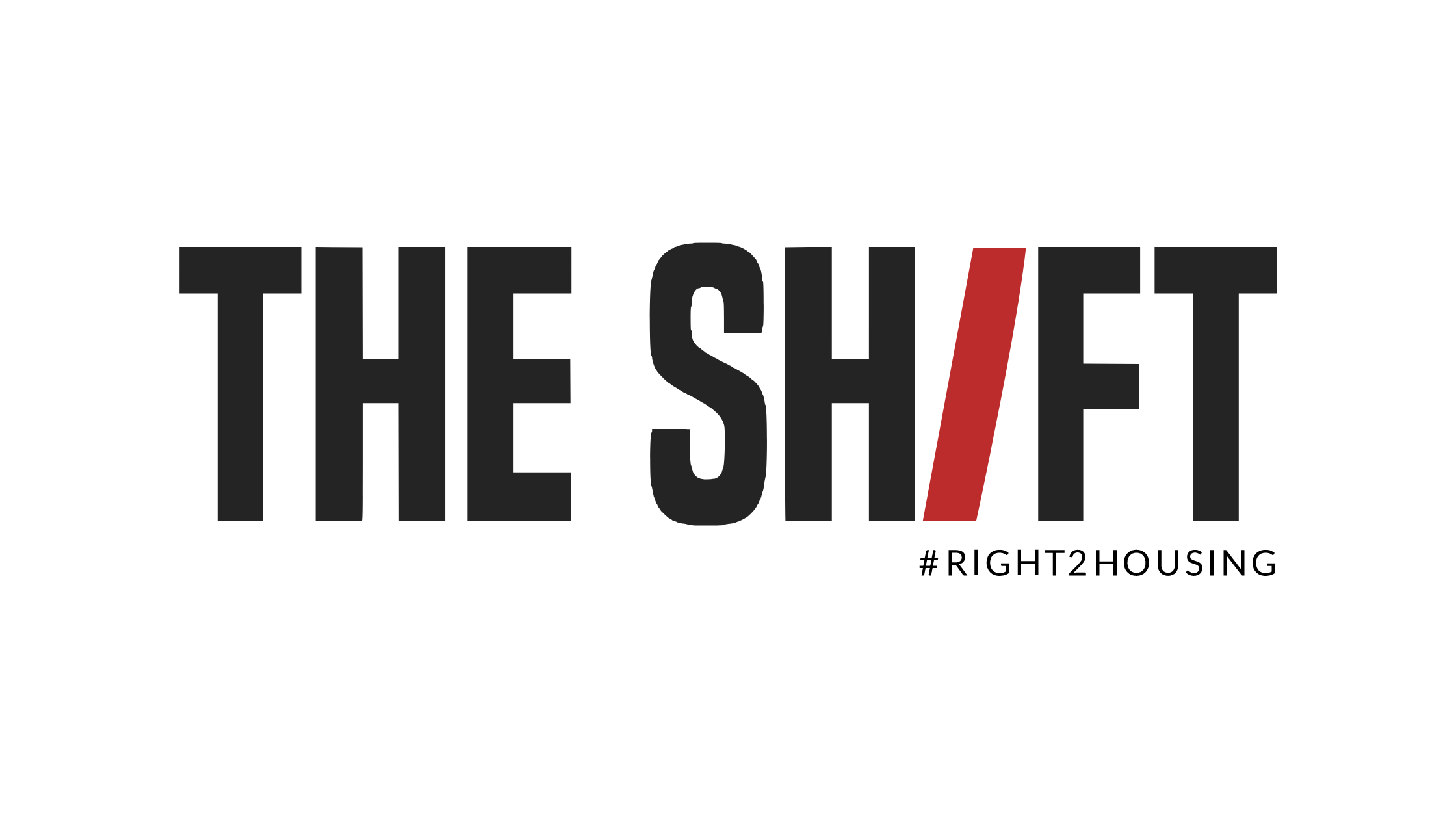
“The Shift is concerned as protections for residents of homeless encampments are rolled back in the
City of Hamilton, threatening the human rights of encampment residents. The City has announced its
intent to revoke its Bylaw Enforcement Protocol relating to homeless encampments as of 30th August
2021, leaving hundreds of people at immediate risk of eviction from their homes within encampments.
This Protocol – arrived at in an agreement between the City and encampment residents, advocates, and
community partners – provided protections against such an eviction, particularly for those with high
acuity needs. Such a revocation, in absence of ensuring access to adequate housing for encampment
residents, is inconsistent with human rights, and will likely result in deepening marginalization, trauma,
health inequities, and safety risks for these community members.”
For the full statement: Shift Statement – Hamilton – Aug 27
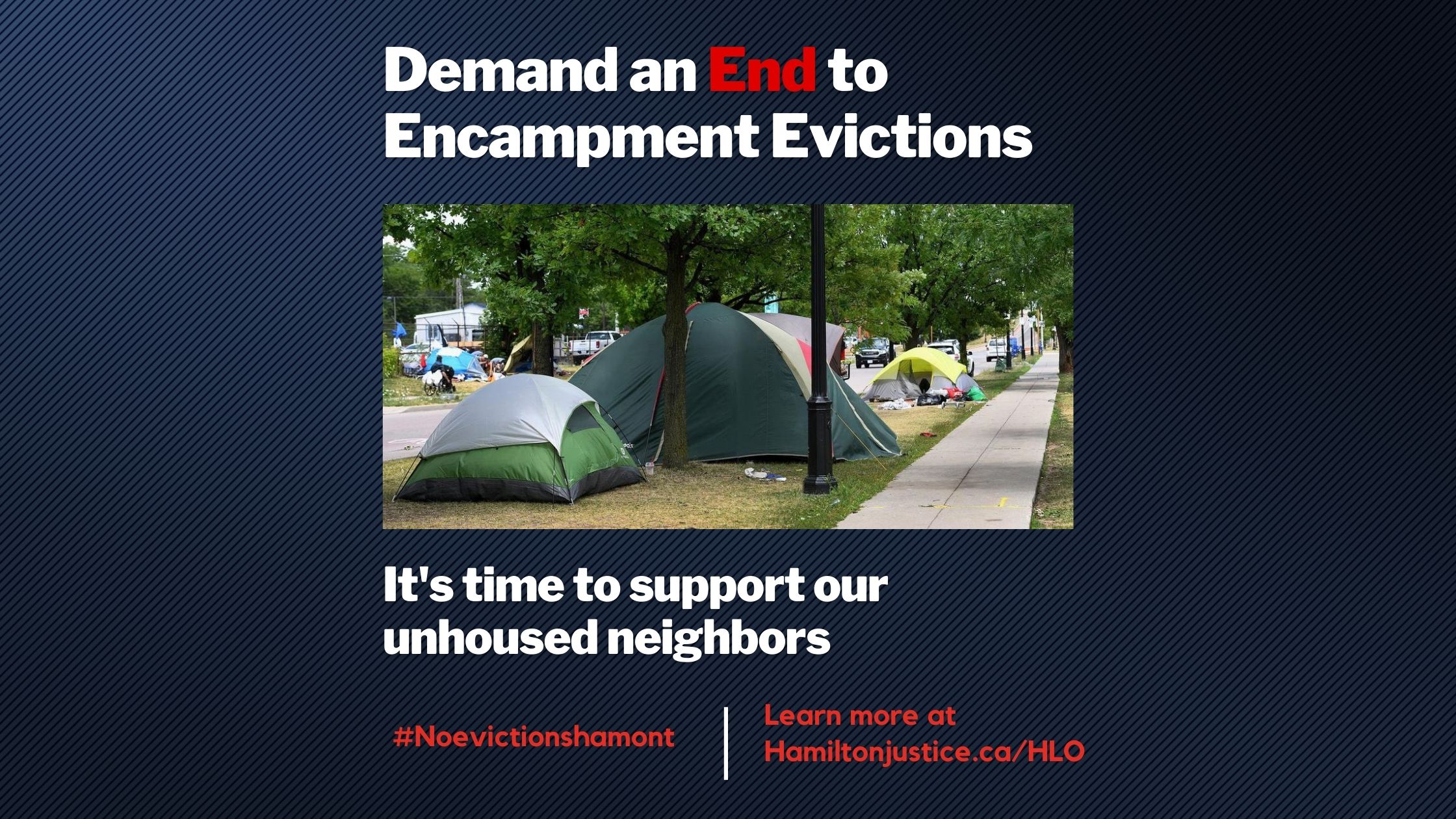
The City of Hamilton’s sudden decision to end the Encampment Protocol is a misguided attack on people who are already struggling to survive without adequate shelter, food, medical care, bathrooms, and potable water and without protection from the elements and threat of violence. The decision was seemingly made without meaningful consultation with encampment residents and community advocates, and fails to recognize the continuing housing and shelter crisis in Hamilton.
In the spring of 2020, Hamilton Community Legal Clinic and Ross & McBride worked with community partners to preserve people’s right to stay in encampments. This was in response to a lack of shelter and affordable permanent housing options, and the health and safety risks associated with ongoing displacement, particularly during a global pandemic. We obtained an injunction to prevent the City from forcing people to leave their tents. The injunction remained in place for approximately two months. Significant objectives were accomplished during this time: outreach agencies were able to facilitate access to healthcare and basic needs and connect individuals with much needed supports, and the risk of Covid infection and transmission was reduced.
In the fall of 2020, a settlement was reached. The settlement created an Encampment Task Force and a people-centred Encampment Protocol. The Protocol was a reasonable middle ground approach which recognized that adequate, secure affordable housing for the population must be an end goal, but forcibly removing people from their encampment without adequate shelter and housing options is harmful. The Protocol itself was informed by “A National Protocol for Homeless Encampments in Canada” authored by the UN Special Rapporteur on the right to adequate housing, Charter protected rights and human rights.
Under the Protocol, the City was required to assess the individual needs of encamped persons, which could result in their ability to remain encamped indefinitely. It also required the City to come up with individualized housing plans, and take a person-centred approach to avoid unnecessary trauma. Hamilton Police Services have been supportive in the application of this Protocol, effectively using it as a means to ensure that individual rights were engaged prior to any enforcement measures were taken by the City.
Despite the Protocol, many encampment residents continue to remain without housing, signalling the root of this problem: a lack of adequate affordable housing, long term health care supports, and safe shelter spaces. None of these fundamental root causes of homelessness are being appropriately addressed, which simply leaves unhoused residents to bear the brunt. City Council’s decision to re-enact By-laws to evict these residents will not lead to a reduction in encampments. At best, it may lead to their reduced visibility as people try to go further off-grid, and deepen the isolation of unhoused persons.
We are mindful of the brutal eviction tactics used by the City of Toronto against encampment residents. We take the position that dismantling and evicting encampment residents is an act of violence. De-escalation and acknowledgment that our community lacks the resources to resolve the encampment concerns should be the starting point for discussion. While we acknowledge that living in encampments is not a long time viable solution, the violent act of evicting and displacing residents without adequate shelter options is a violation of the right to the security of the person, equality rights and the human right to housing.
Our community at large has shown itself to be largely compassionate towards unhoused persons living in tents. The City of Hamilton has a duty to this population, along with other constituents. We call on the City to do the right thing: stop dismantling encampments and sit down with community stakeholders to come up with a new strategy that respects the human rights and dignity of the encampment residents.
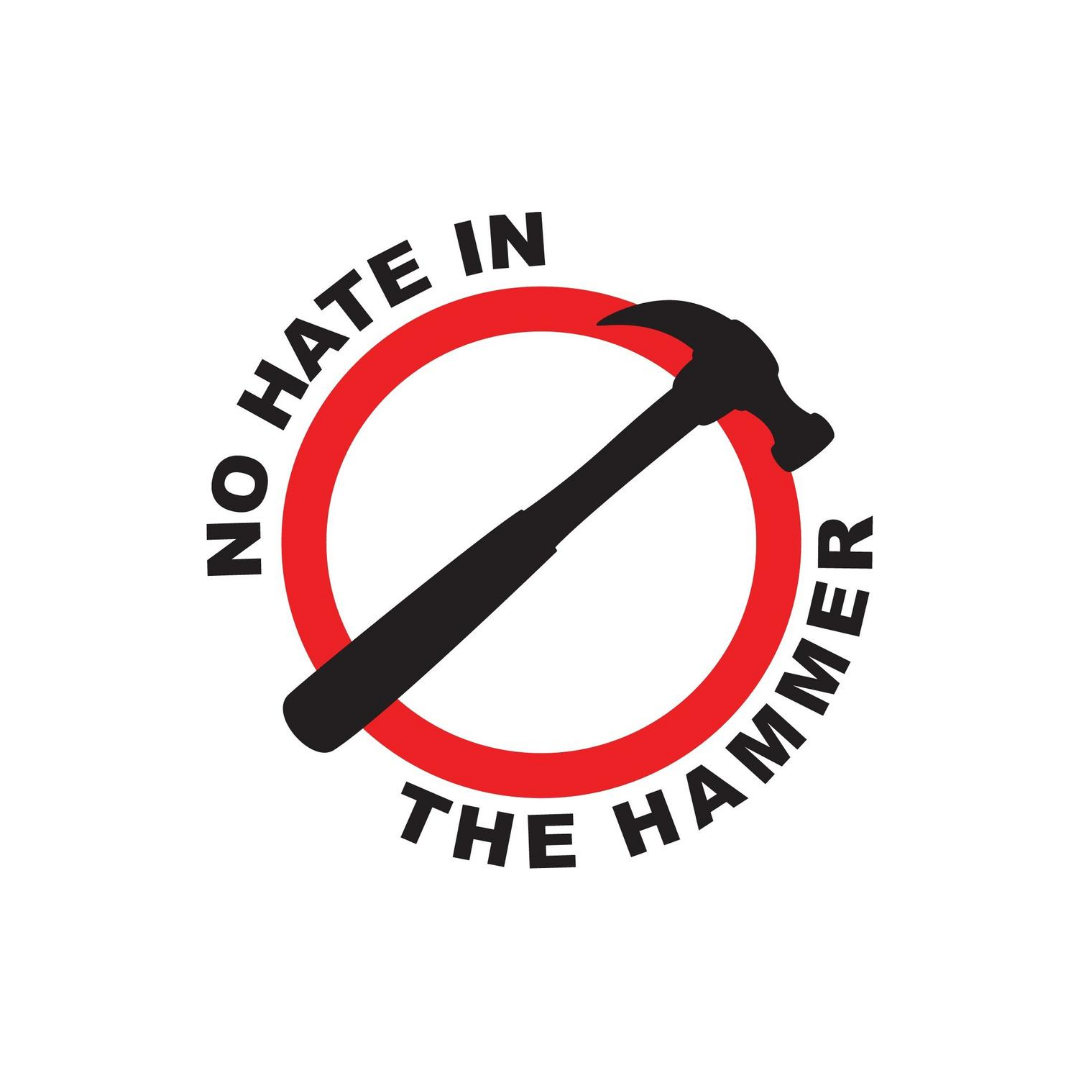
Hate against Asian communities is not a new issue globally, in Canada and more specifically in Hamilton. Anti-Asian racism can be traced back to the foundation of Canada from the early discriminatory treatment of Chinese railroad workers, the 1942 internment of Japanese Canadians, efforts to curb Indian immigration and many more… Since the COVID-19 pandemic there has been a surge in blatant threats, intimidation and assaults against Asians.
The fatal shooting in Atlanta on March 19,th 2021 that left eight dead, six of them being Asian women who worked in spas, is a devastating outcome. We send our heart-filled condolences to friends and family members of Delaina Yaun, Paul Andre Michels, Xiaojie Tan, Daoyou Feng, Soon Chung Park, Hyun J. Grant, Suncha Kim and Yong Ae Yue. Advancing Justice-Atlanta said in a statement: “The shootings happened under the trauma of increasing violence against Asian Americans nationwide, fuelled by white supremacy and systemic racism.”
In Canada, Anti-Asian hate has also been on the rise. Sources that track these incidents have reported 959 incidents of anti-Asian hate crimes across Canada during the pandemic. In Vancouver, there was a 717 per cent increase in anti-Asian hate crimes from 2019 to 2020. And this is not solely a “West coast issue”. Sadly, these incidents also happen within the Hamilton area, although often underreported. This serves as a reminder of the work that is needed to make Hamilton a truly more inclusive city, free of hate. We need to work together to stand up against all forms of discrimination. To do so, we must actively listen to members of this community, learn and take action to fight against hate.
We at NHH want the Asian community to know that we stand with you now and always.
Below is a link with resources and steps that can be taken to fight against Anti-Asian racism in Canada:
https://www.refinery29.com/en-ca/2021/03/10377626/asian-american-canadian-racism-how-to-help-actions
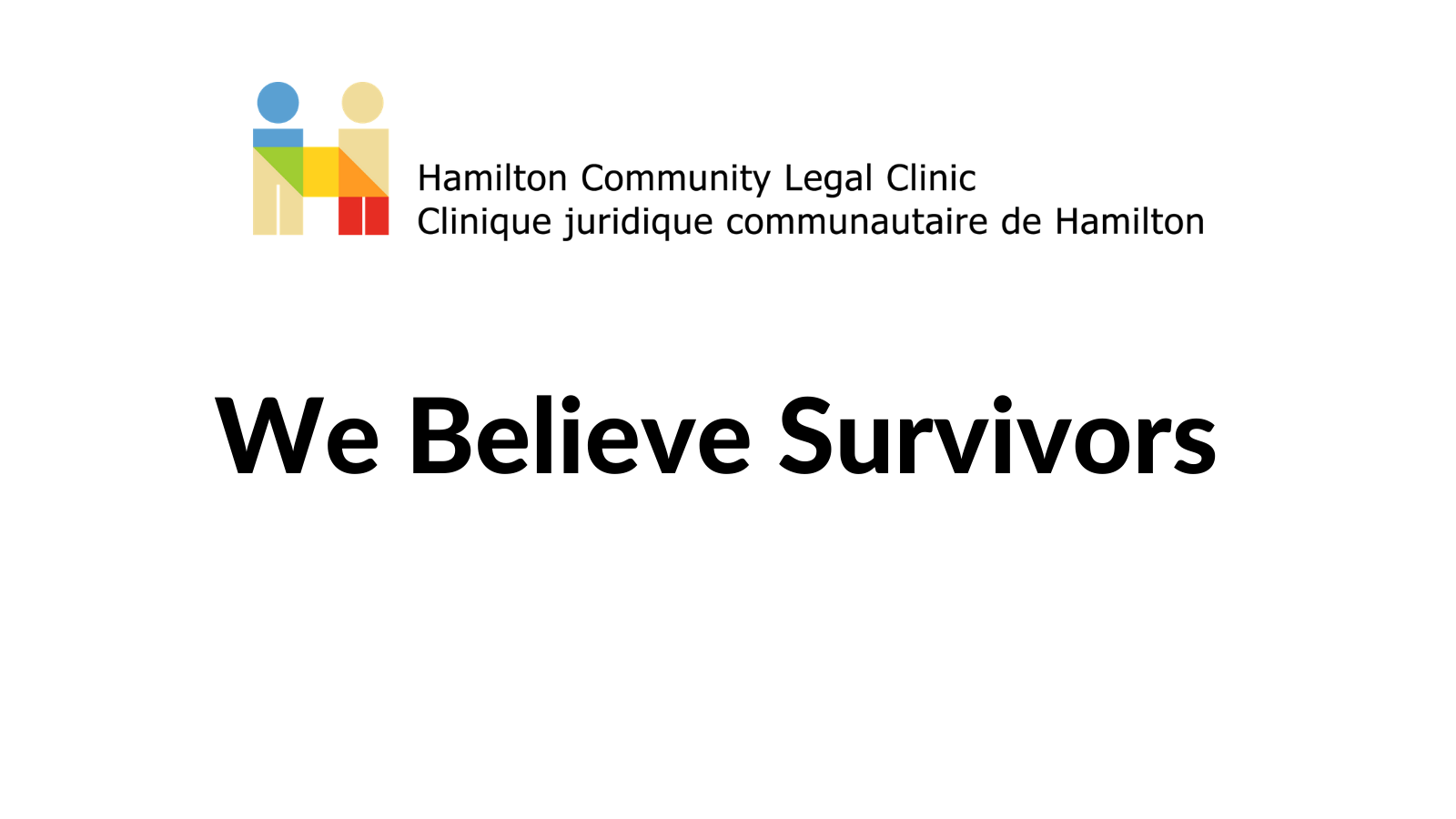
The survivors who have recently come forward to expose their unjust and violent workplaces have done so in the face of potential personal, social and economic peril. It is a huge burden to take these risks and this is absolutely compounded by the precariousness of employment, income, supports and services in the pandemic. These harrowing experiences alert us to how commonplace sexual violence truly is, not just in specific industries, but in our broader culture.
Sexual violence is endemic in our society and yet only 5-8% of these cases are formally reported to police. (1) There are numerous factors that survivors have to weigh when deciding whether to report their experience(s). For instance, navigating the routes to justice while centering their own healing. This is a personal process, is rarely linear and is often complicated by intersecting factors in the survivor’s life (i.e. age, gender, race, sexual orientation, access to resources, job precarity, etc).
In our society, survivors are often not taken seriously, are blamed for the incident(s), or are shamed based on the assumption that they have something to gain from these accusations. Yet, especially in the tight-knit restaurant industry, the threat of being blacklisted and ending up jobless is very real. Sexual violence is expressed often in highly differential power relationships — employee/employer, student/teacher, staffer/politician. This power imbalance translates into who our society chooses to believe, further entrenching the powerlessness of survivors.
We know that the barriers to legal justice in these sexual violence cases are staggering. Police reports are central to the legal process but many communities do not trust police, plus the police have been known to perpetuate the most damaging assumptions about survivors. The criminal justice system then places the burden of proof on the victims, and the trial process can sometimes re-victimize and re-traumatize survivors. It can feel futile when less than 1% (2) of sexual assaults lead to offenders receiving convictions. Even if convicted, the sentencing can be insulting to victims.
Both our legal system and our community are failing survivors which is why many choose to never report their assaults.
To the survivors directly: at the Hamilton Community Legal Clinic we believe you. We say this to upend the cultural norm of doubting victims of sexual assault. We say this with the explicit intention of making space for all survivors to come forward to speak their truth and be heard. This does not mean that allegations should not be investigated. Of course they should. But we know that just because an assault does not produce a conviction, it does not mean that it didn’t happen or was exaggerated or fabricated. You and your experiences are worthy of our collective attention and concern. You are highlighting issues that many people would rather not see. We are inspired by your bravery to challenge the broader social systems and structures that make these cultures possible.
Although HCLC’s mandate does not allow us to practice in sexual violence matters, we do provide services in employment law and WSIB and are available to connect you with other community legal services. While this is not the right option for everybody, we hope this legal information will help you make an informed decision for yourself.
If you are seeking support or you would like to learn more about the #WeBelieveSurvivors movement, we encourage you to contact the Sexual Assault Centre of Hamilton and Area (SACHA) at 905-525-4162 [support line], 905-525-4573 [office line], or for more information visit www.sacha.ca.
#WeBelieveSurvivors!